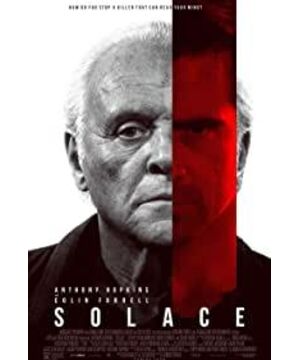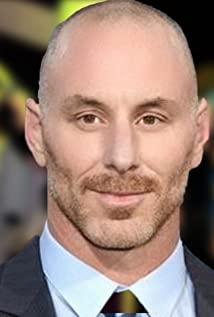This movie is actually discussing a question: When a person is enveloped by illness and loses his freedom and reason as a human being, is it a sin to help him out of kindness at this time? The answer is obvious. This is of course a sin, because you let the person get free without their consent. This is at least a major sin at the legal level.
In the final analysis, many problems will return to the legal and religious levels.
At the legal level, a person needs to go through a series of procedures to get rid of it. If you are a client, you need to apply for euthanasia. The psychologist will discuss how to prevent you from "suicide" based on anthropological and religious theories. Because Christianity is against suicide. If it is your relatives who need to be euthanized, it is even more cumbersome.
The villain in the movie went beyond the legal level. Regardless of his motives, even before the policeman died of the torture of terminal cancer, he managed to make him die at work, which allowed his family to receive (earn) money. A considerable amount of comfort money has allowed his son to become a man. The motivation is absolutely good. Even if the police choose it, he will immediately agree. But even so, the sacred law requires him to be included in murder. How to judge or how to judge, even if you agree, you will not be sloppy. This kind of arbitrarily authoritative behavior, I am afraid that even the gods do not have this right, because it violates the free will of mankind.
Talk about the theological level.
Some people may not know that the legal basis of the United States is Christianity. Many theories established by law are derived from Christian dogma.
Perhaps the true goal of this work is also here.
When a person is under the torment of illness, life is better than death, unable to think rationally, and only the instinct of life is left. If he is rational, he will definitely choose to die, but this person is definitely unable to make this choice, because of the right to others. Love, can we take care of him and liberate him? Is this guilty?
It is difficult to answer this question. Because we are human beings, we cannot make choices.
But the end of the film gave us the answer. As a father, Hopkins chose (with tears) to quietly inject a potion to help his daughter get out. Is this cold-blooded? No, this is out of kindness.
Having said so much, it is nothing more than that when a person is tortured by pain and life is worse than death, let him die. It's true to move so many theories and think about it.
View more about Solace reviews











